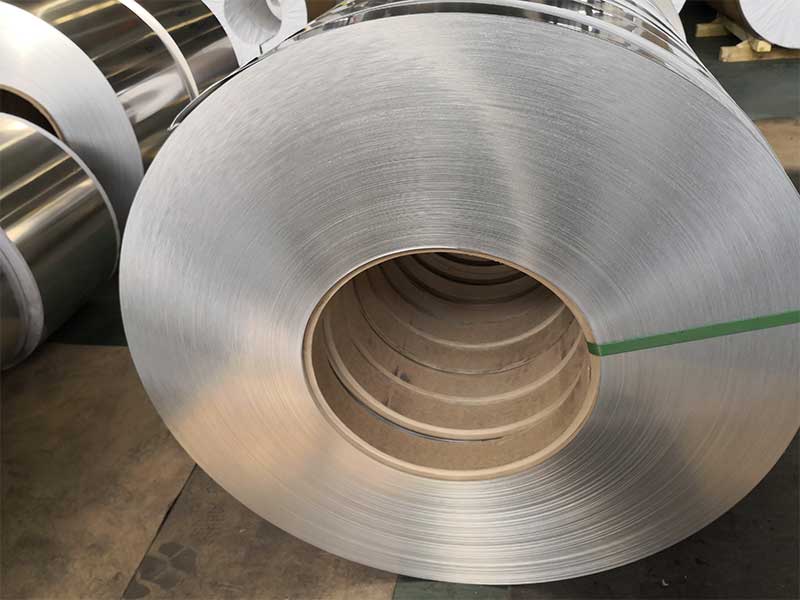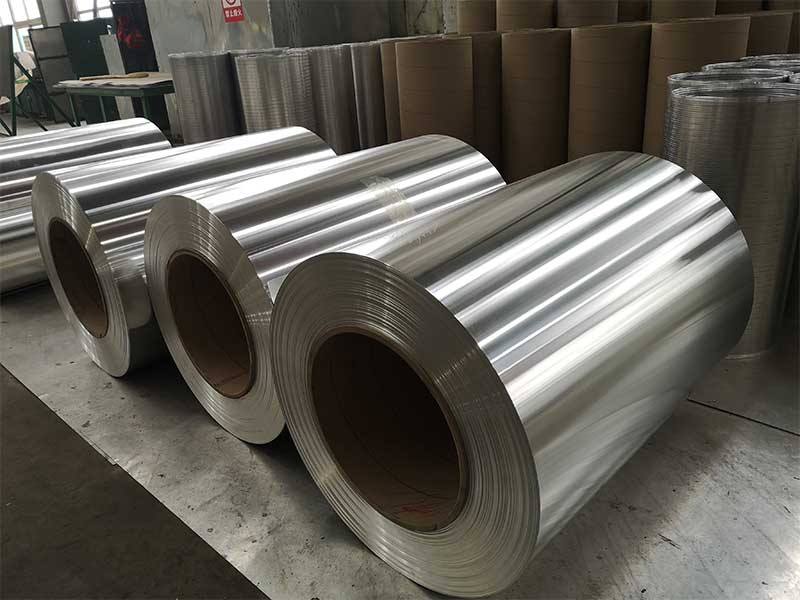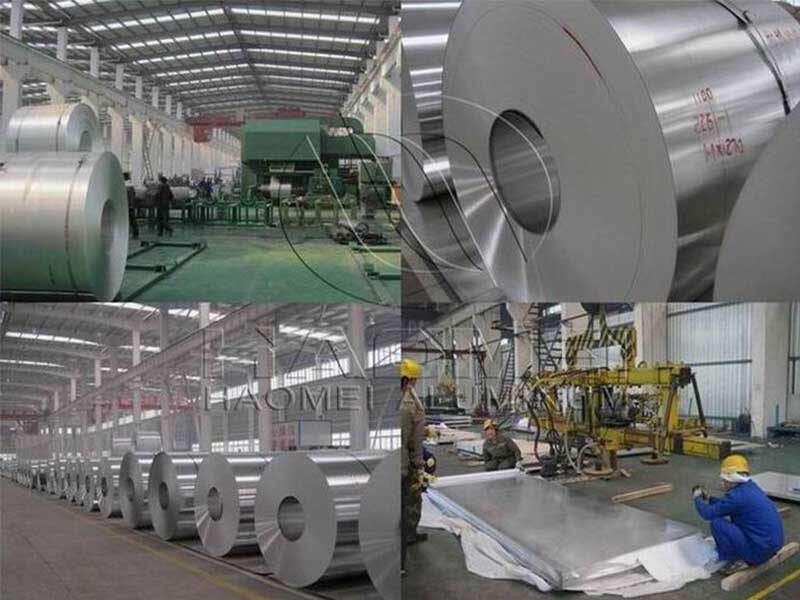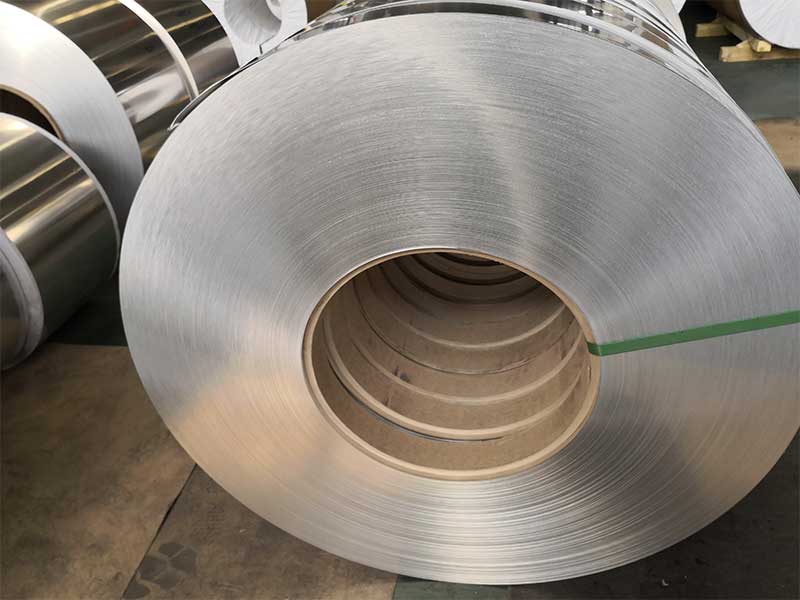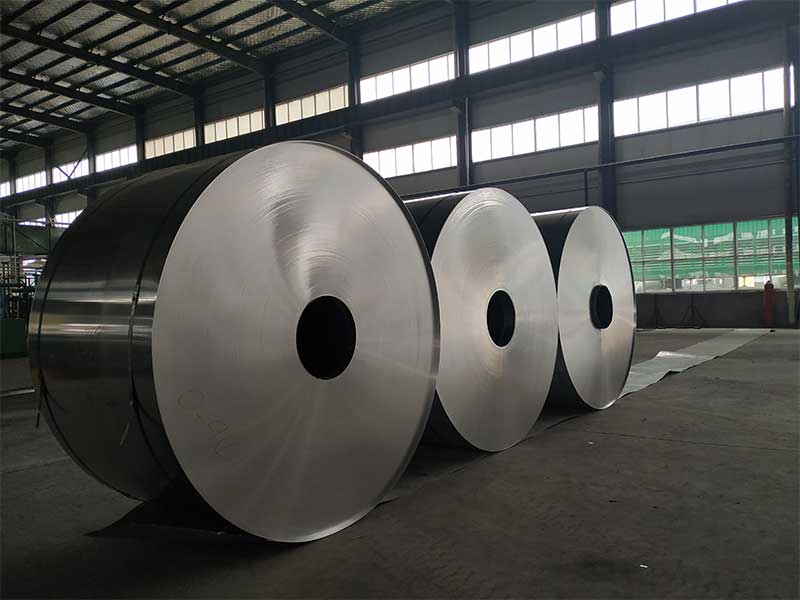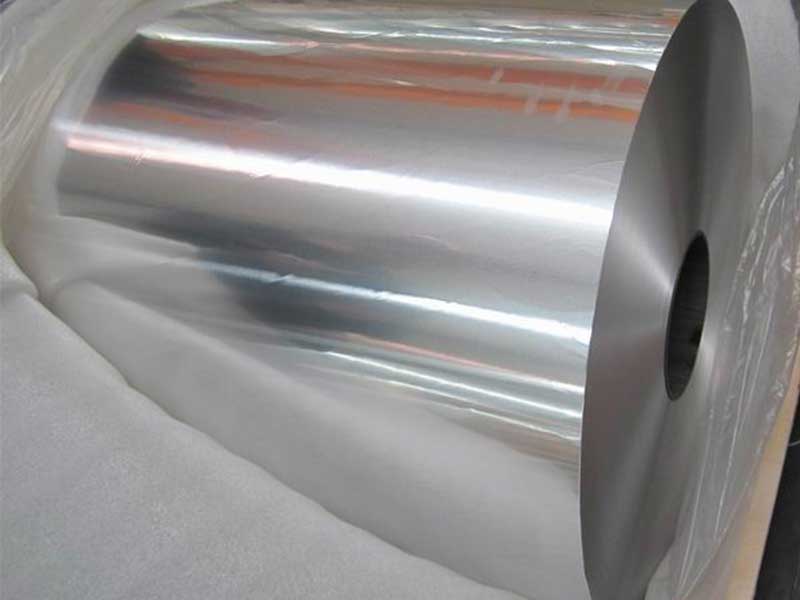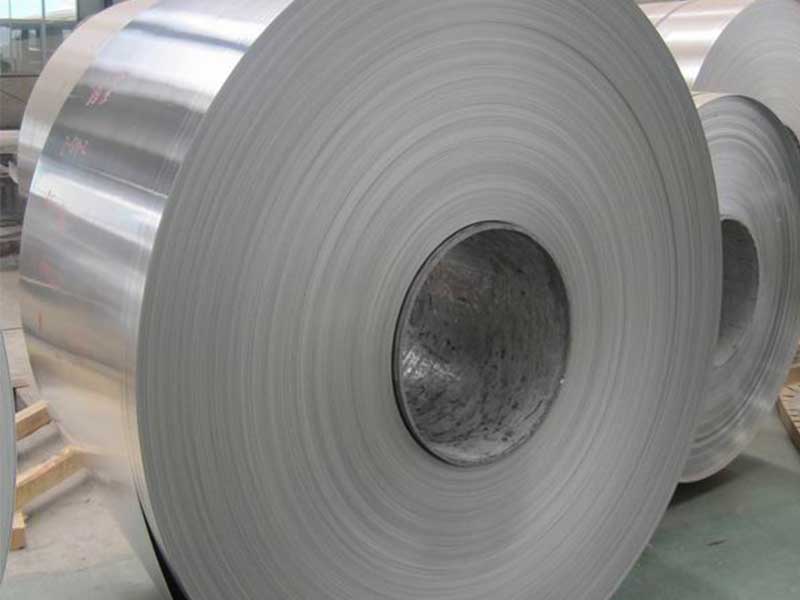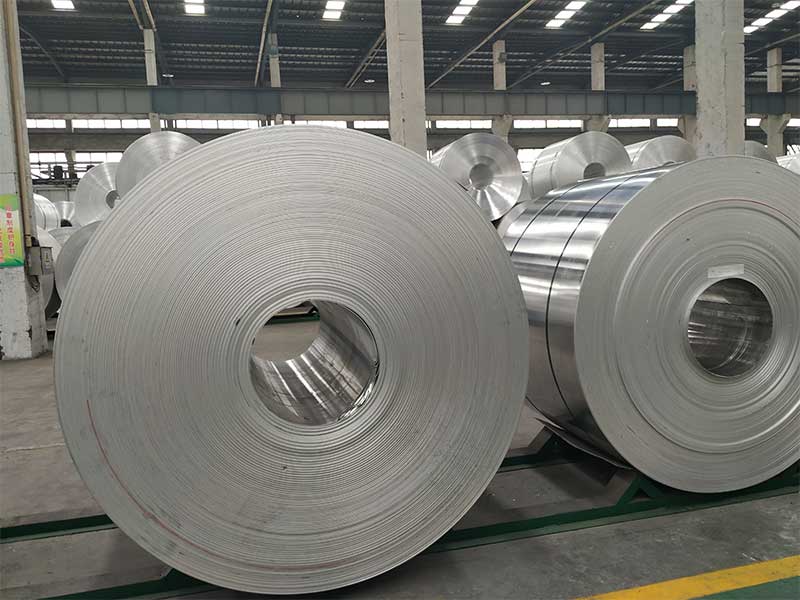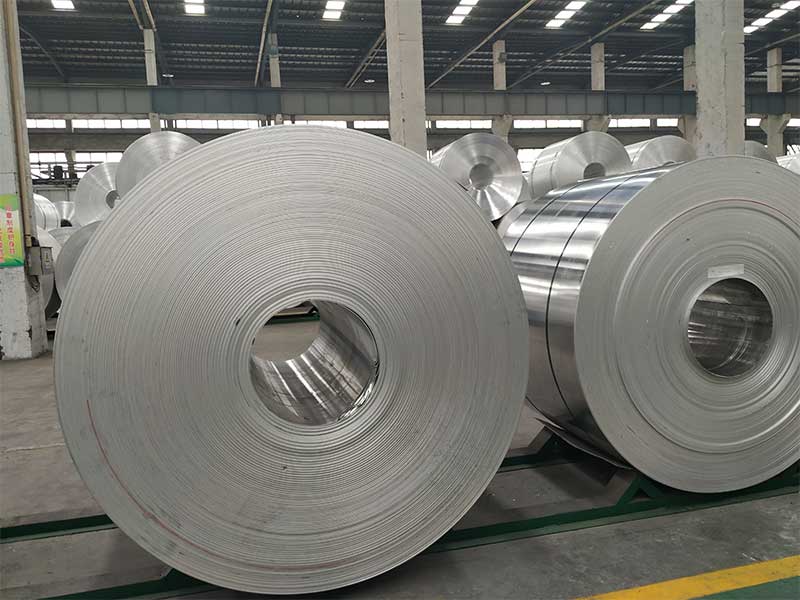2025-05-29 https://www.aluminum-coils.com/a/aluminum-coil-alloy-6063.html
When most people hear "aluminum coil," they imagine a generic sheet of metal—shiny, lightweight, yet relatively uninspiring. However, delve beneath the surface, and you'll discover that aluminum coil is much more nuanced, especially when talking about Alloy 6063. Known as the “architectural alloy,” 6063 aluminum coil hosts an exceptional blend of machinability, corrosion resistance, and strength that makes it a staple in industries where precision and durability are paramount.
Why Alloy 6063 is a Unique Choice for Aluminum Coils
6063 aluminum is classified as an Al-Mg-Si (Aluminum-Magnesium-Silicon) alloy; however, it doesn't just meet technical requirements—it surpasses them in design flexibility and user-friendliness during manufacturing. This alloy smooths out the typical compromises manufacturers face between strength, finish quality, and corrosion resistance.
Compared to common aluminum alloys (e.g., 3003 or 6061), 6063 demonstrates superior extrudability, which means it can be drawn into complex shapes without cracking or excessive wear on tooling. That is why many architectural trims, window frames, and fluid handling systems rely extensively on 6063 aluminum coil.
Implementation Standards Governing 6063 Aluminum Coil
Commercial and industrial standards ensure the reliability of 6063 aluminum coils, including:
- ASTM B221: This is the most recognized specification outlining standard practices for aluminum and aluminum-alloy extruded shapes, including coils.
- ISO 6361: Related to wrought aluminum and aluminum alloys—sheets, strips, and plates.
- EN 573-3: Details the chemical composition and mechanical properties for wrought aluminum alloys.
Manufacturers primarily follow these frameworks closely to give end-users full confidence about material performance.
Chemical Properties of Alloy 6063: the Blend
The chemical composition strikes a fine balance between allowing aluminum’s natural attributes to shine while reinforcing its structural robustness through magnesium and silicon.
| Element | %
|-----------------|-------| Aluminum (Al) | Bal (around 97.9%)
| Silicon (Si) | 0.2 - 0.6
| Magnesium (Mg) | 0.45 - 0.9
| Iron (Fe) | ≤ 0.35
| Copper (Cu) | ≤ 0.1
| Manganese (Mn) | ≤ 0.1
| Chromium (Cr) | ≤ 0.1
| Zinc (Zn) | ≤ 0.1
| Titanium (Ti) | ≤ 0.1
Keeping iron and copper low in Alloy 6063 enhances corrosion resistance — a to its extensive use outdoors, like in window frames that must endure the aggressive elements without degradation.
Temper Designation and Mechanical Characteristics
The tempering of 6063 aluminum coil is about controlling physical hardness and ductility through heat treatment and mechanical working. Typical temper grades for 6063 include:
O (annealed): Very soft and highly ductile.
T1: Cooled from an elevated temperature shaping process and naturally aged.
T4: Solution heat-treated and naturally aged.
T5: Cooled from an elevated temperature shaping process and artificially aged.
T6: Solution heat-treated and artificially aged, yielding the highest strength.
Heat-treating transitions 6063 between being stationery-soft and optimally alloyed-for-use, meeting the application’s needs whether that's ease of fabrication or mechanical resistance.
| Temper | Tensile Strength (MPa) | Yield Strength (MPa) | Elongation (%) |
|---|---|---|---|
| O | 115–135 | 55–90 | ≥ 12 |
| T5 | 190–230 | 140–180 | ≥ 8 |
| T6 | 220–280 | 190–240 | ≥ 8 |
The T6 tempered 6063 coil is grotesquely sought after when strength cannot be a trade-off, making it a premier aluminum coil when combined with dunk solidity and grow-by-time endurance.
Practical Applications through a Quality Lens
Imagine an aluminum coil alloy 6063 layered onto window profiles or molded into intricate architectural trims. As these profiles join to create street-facing facades or water channels, the results need precision availability coupled with resistance to fatigue caused by weather or cycle strains. Moreover, 6063 fulfils precise aesthetic demands, delivering fine surfaces unblemished by corrosion or fritting caused by galvanized layering incompatibility.
Not just in construction—automobile manufacturing, marine vessels, and even consumer electronics take advantage of 6063 coil because of the subtle interplay of material strengths and finish ability. From case enclosures with gentle beveling contours to large ducts enabling ventilation—aluminum coil alloy 6063 is the architect behind reliable, long-term excellence.

